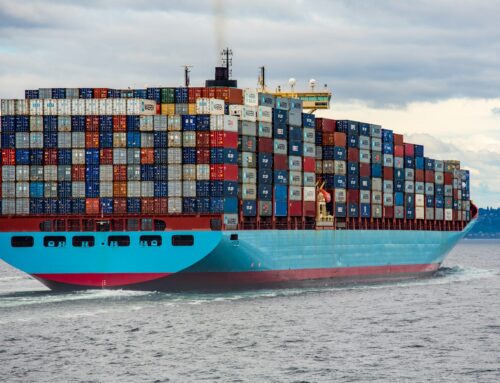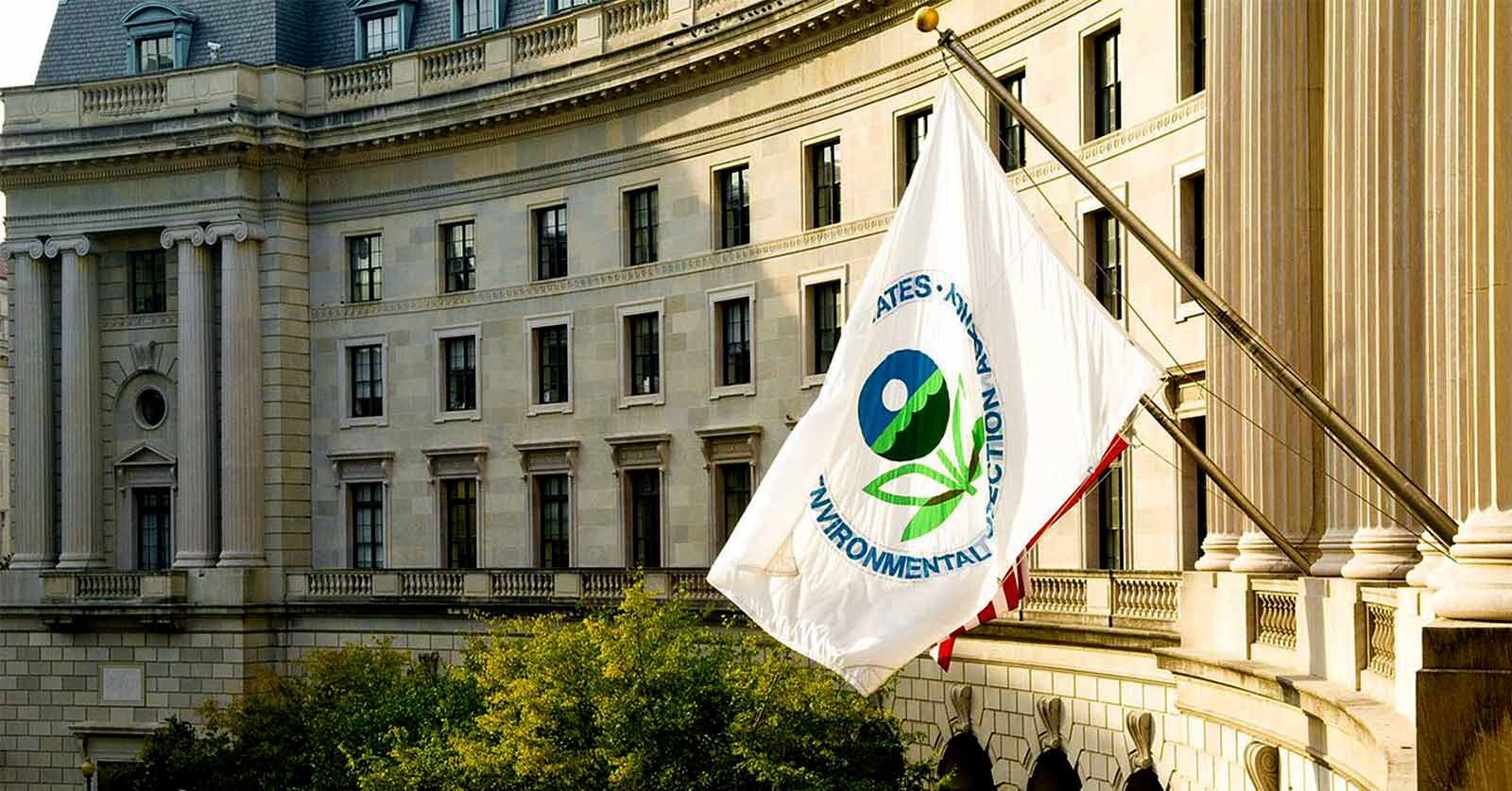Washington, DC – A $10 billion bill to fund California water projects will launch a new era of wasteful water projects at the expense of the federal taxpayer, according to Taxpayer for Common Sense, a budget watchdog organization.
Representative Ken Calvert introduced Western Water Security Enhancement Act (H.R. 3208) last week, the newest version of his CALFED legislation. A House of Representatives Resources Committee markup on H.R. 3208 (formerly H.R. 1985) is scheduled for today at 10:00 a.m.
“This bill turns back the clock several decades to when taxpayers forked over billions in handouts for large, subsidized water projects,” said Aileen Roder, a water policy analyst at Taxpayers for Common Sense.
Bill proponents at the last minute have added millions of dollars for projects in an effort to guarantee that this bill will pass through the Resource Committee, according to the group.
“Proponents have greased the wheels of the legislative machine by adding political pork to guarantee passage of the bill,” said Roder, “This bill is and always has been a huge financial drain on the budget in an attempt to build misguided, expensive water projects in California.”
Bill proponents estimate that the CALFED section of the bill will cost $3 billion, but the likely price tag of the whole bill is closer to $10 billion, according to Taxpayers for Common Sense. The bill authorizes Congress to appropriate “such sums as may be necessary” to complete CALFED stage 1 and implementation of subsequent stages of the CALFED program, as well as creating several other new programs.
“This bill forces the federal taxpayer to write a blank check without providing any accountability for new wasteful water boondoggles,” said Roder.
H.R. 3208 abandons the principle of “beneficiary pays” promised to the federal taxpayer in the final federal-state agreement on CALFED. By not clearly defining a process for implementing “beneficiary pays”, H.R. 3208 is destroying the delicate balanced reached in the CALFED program after years of negotiations.
“This legislation perpetuates the wasteful cycle of forcing federal taxpayers, rather than the beneficiaries, to foot the bill for costly water projects,” said Roder.
The process for authorizing projects in H.R. 3208 is a problem that continues to plague the bill. H.R. 3208 attempts to cleverly side step the issues with preauthorization in H.R. 1985, however its provisions are equally problematic. Essentially any project that has received any funding toward construction – including purchase of lands, easements, and rights-of-way – before FY2003 receives authorization.
“California has many stalled, wasteful water projects of the past that fit into this nebulous category, including the highly controversial Auburn Dam,” continued Roder, “California must look for new ways of solving their water supply issues instead of digging up old water dinosaurs from the past.”
Title II of H.R. 3208 revives the Small Reclamations Project Act of 1956, authorizing $1.3 billion dollars for loans to build water reclamation projects throughout the 17 western reclamation states, Alaska, Hawaii, and six American Territories. At the July 26, 2001 Water and Power Subcommittee hearing regarding this legislation, Secretary of the Interior Gale Norton testified that Title II “raises many budget, implementation, and administration questions for both the Bureau of Reclamation (Reclamation) and the Department of the Interior.” Secretary Norton stated that the Small Reclamation Projects Act is “very costly and will compete with other Department of the Interior programs for funds, thereby raising questions of fiscal priorities. In addition, existing Federal programs may address project purposes of concern in this bill.”
Another significant provision would make the delivery of subsidized water to a small group of Central Valley agricultural contractors become the highest federal water priority in California. H.R. 3208 promises south-of-Delta Central Valley agricultural water service contractors 70% of their existing contract in normal years. These assurances set a bad precedent of Congress stepping in and potentially superceding state law by legislating water deliveries to politically powerful water contractors with junior water rights.
In a letter sent to Senator Feinstein and Representative Calvert on July 12, 2001, Friant Water Users Authority asked for the south-of-Delta water assurances language to be removed. “I, as well as others, have endeavored for the past several weeks to develop language that changes that would provide the clarity needed to protect the universe of interests that could be affected by such language. I am now convinced that such language changes are not achievable. As a result, we must ask that this problematic language be removed from your bills,” stated Richard M. Moss, General Manager, Friant Water Users Authority.
“This bill is a blatant effort to bring home the water pork to California. The additional projects recently added to the bill is an effort to guarantee the votes of non-Californians and trick them into voting for a bill that will only really benefit powerful California water interests,” concluded Roder.














Get Social